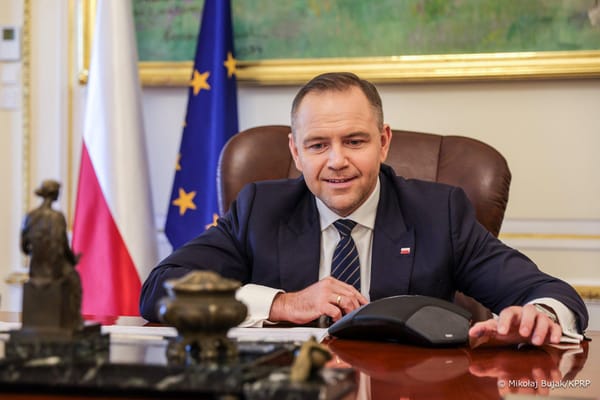
Polish domestic stand-offs threaten role as EU player
Having spent big on defence, Poland's growing role as a European player is at risk from political infighting, resource strain, and public fatigue.

Having spent big on defence, Poland's growing role as a European player is at risk from political infighting, resource strain, and public fatigue.

Sunday’s events underscored the mix of largely peaceful mobilisation and episodic violence that now defines the unrest.

While Hungary and Slovakia welcomed the diplomatic efforts, fellow Visegrad Four members Poland and Czechia joined the Baltic states in rejecting any settlement that bypasses Ukrainian sovereignty.

Like other strategic CRM efforts across Central and Eastern Europe, Chvaletice is emblematic of the policy-delivery gap haunting the bloc’s transition ambitions.

Germany’s trade with Central and Eastern Europe rose EUR 5.4bn to EUR 275bn in the first half of 2025, led by a surge in exports to Poland, Ukraine and Slovenia.
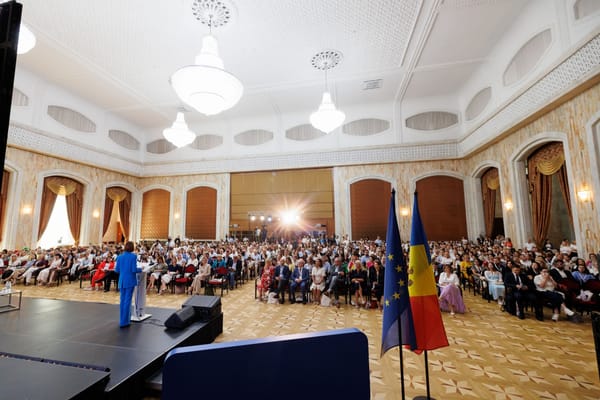
If the EU decides to approach Moldova separately, it would depart from recent EU practice of advancing Moldova, Ukraine and Georgia as a group under the "Association Trio" framework.

The 44-year-old former Lithuanian Trade Union Confederation chairwoman now awaits a parliamentary confidence vote to approve her cabinet and programme.

“For Europe, analysis of the historical data shows that a 1% drop in geopolitical alignment is associated with a corresponding 1% decline in trade intensity,” Deloitte observed.
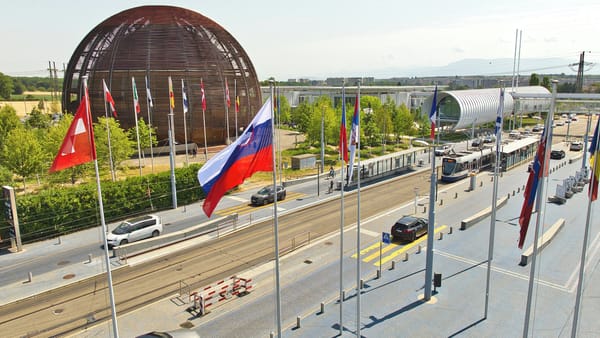
Slovenia has more than doubled its public R&D spending in a decade, to nearly 0.9 % of GDP, the highest share in CEE, an Erste Bank Research report published on 6 August found.

Slovak Prime Minister Robert Fico said Ukraine would bear the cost regardless of the outcome of a planned summit between US President Donald Trump and Russian President Vladimir Putin.

Research by TechBehemoths shows that strong education systems, multilingual talent pools and EU-level legal protections keep CEE competitive for global tech outsourcing and nearshoring.
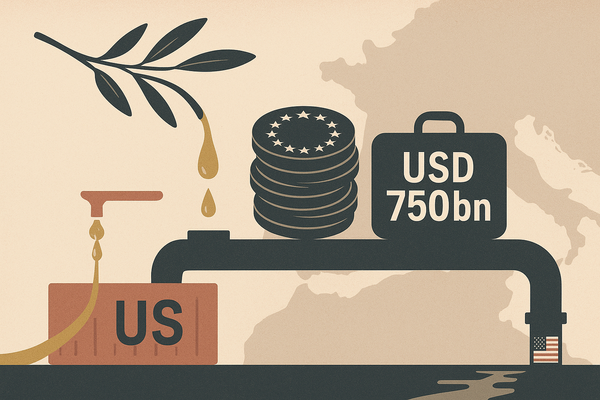
The World Bank forecasts regional growth of 3.1% in 2025, and finance ministries say cushioning the tariff shock will be essential to meeting that target. However, regional industry groups are warning of mounting pressure on Balkan economies.
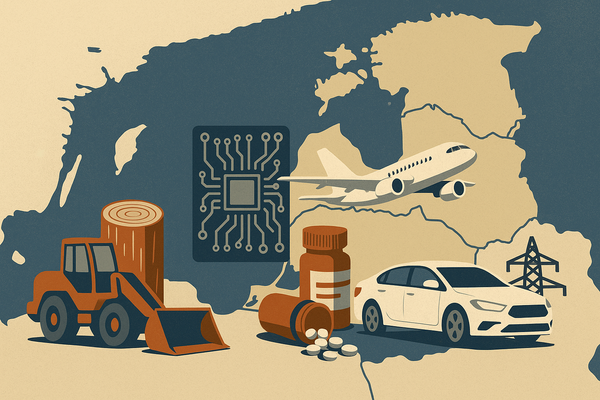
Brussels‑based think tank Bruegel estimates that the average US tariff on EU goods will rise to 15.2%. Although that average masks significant differences - it underscores the new baseline confronting Baltic exporters.
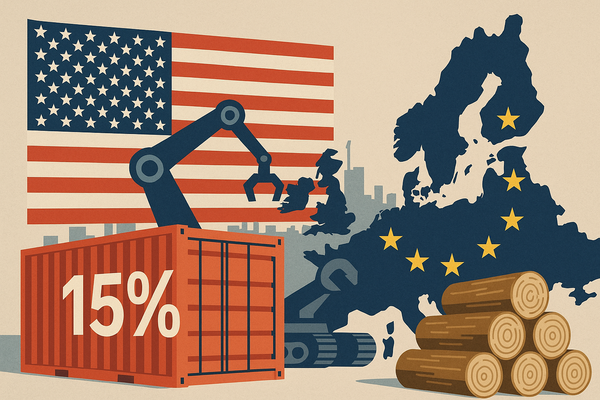
Polish Prime Minister Donald Tusk warned that the duties could cost Poland more than USD 2bn and hurt agriculture and manufacturing, although he called the compromise deal a “lesser evil” to a threatened 30% tariff.
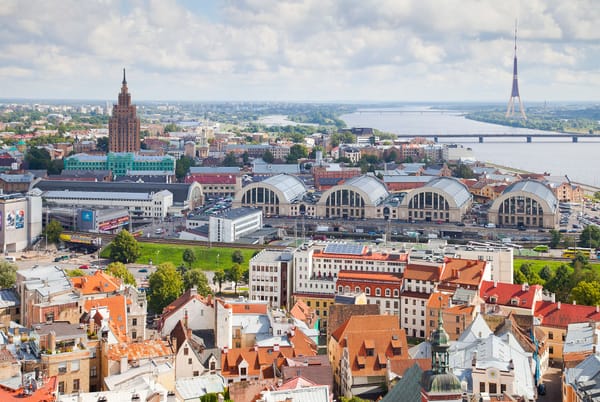
Latvia lags its Baltic peers on investment intensity and credit availability, according to the Organisation for Economic Co-operation and Development (OECD).